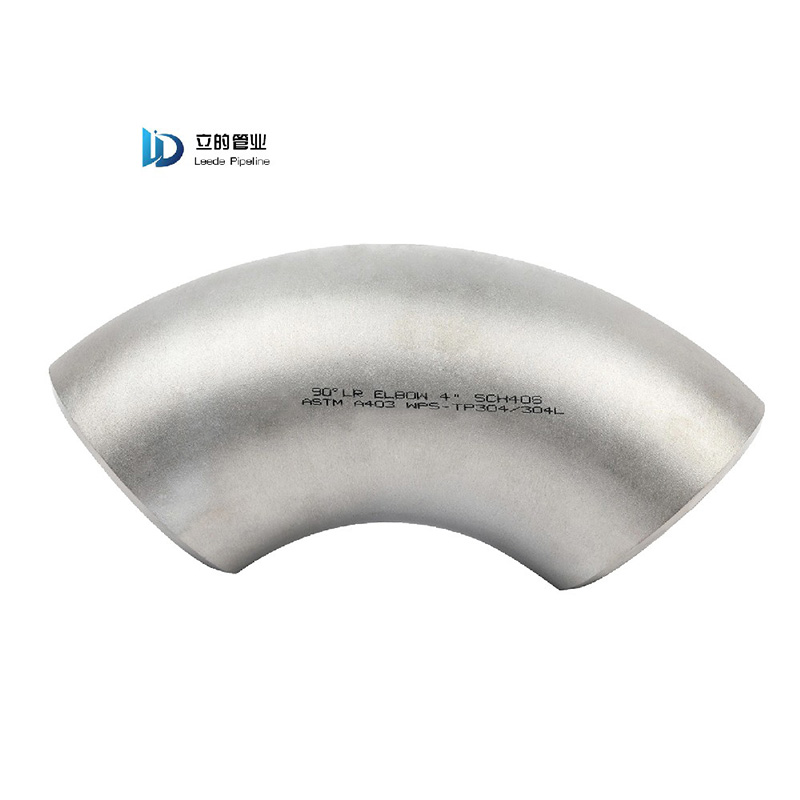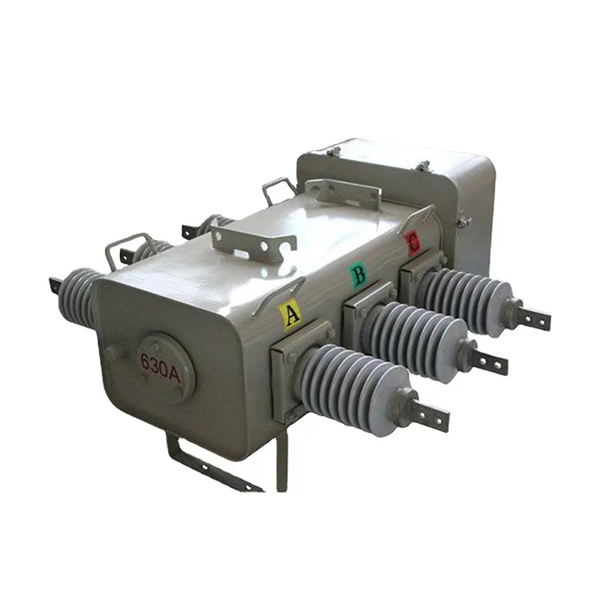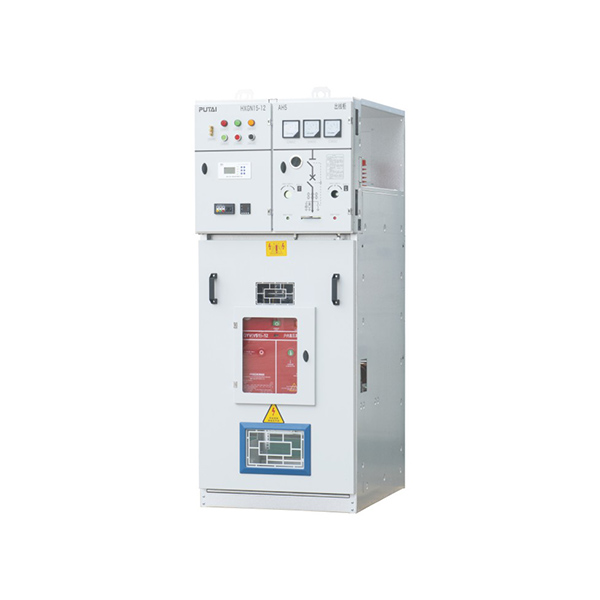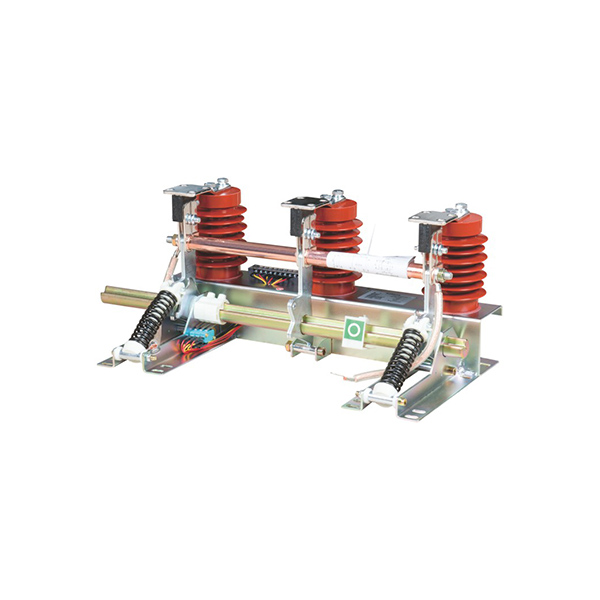Preheating treatment and cooling process of welded elbows in stainless steel pipe fittings
Welded elbows in stainless steel pipe fittings can cause corrosion when used incorrectly. After corrosion occurs in welded stainless steel elbows, the pipe wall of the welded elbow usually becomes thinner, and local pits and pits appear. Detection method of welded elbow after corrosion: The basic principle of magnetic flux leakage detection is based on the basic characteristic of high magnetic permeability of ferromagnetic materials. The magnetic permeability of the corrosion defect in the welded elbow is much smaller than that of the welded elbow. The welded elbow is magnetized under the action of an external magnetic field. When there are no defects in the welded elbow, most of the magnetic lines of force pass through the steel pipe. At this time The magnetic field lines are evenly distributed; when there are defects inside the welded elbow, the magnetic field lines are bent, and some of the magnetic field lines leak out of the surface of the steel pipe. By detecting the leakage flux escaping from the surface of the magnetized welding elbow, you can determine whether defects exist. The special wave method acoustic wave detection method uses the pulse reflection principle of special waves to measure the thickness of the pipe wall after corrosion.
1. Preheating and cooling process of welded elbow
1. If there is no stress during the welding process, we need to perform post-heat treatment at this time. We must know that if the stress cannot be reduced or it will bring hidden dangers to the welding, and it will also affect its later use. Use performance.
2. Under the action of thermal stress, since the initial temperature of the surface layer is lower than that of the core, the contraction is also greater than that of the core, causing the core to be stretched. When cooling is completed, the cooling volume shrinkage of the core cannot proceed freely, causing the surface to be compressed. The part is pulled. That is, under the action of thermal stress, the surface layer of the workpiece is compressed and the core is stretched in the later stage.
3. Different types of steel have different preheating temperatures, but this step is usually completed during the welding process. We can adjust the preheating temperature when preheating the part according to the welding requirements.
4. In order to prevent cold cracks from occurring in the welded elbow during use, the carbon tube needs to be preheated before leaving the factory. After preheating, the heat affected area of medium carbon steel can be reduced, and preheating can also improve the The plasticity of the welded elbow can also reduce the residual stress after the welding is completed.
5. During the heating and cooling process of the welded elbow, due to the inconsistent cooling speed and time between the surface layer and the core, a temperature difference is formed, which will lead to uneven volume expansion and contraction and generate stress, that is, thermal stress.




